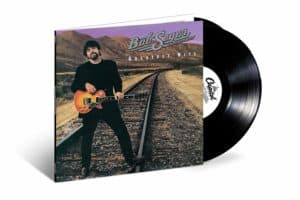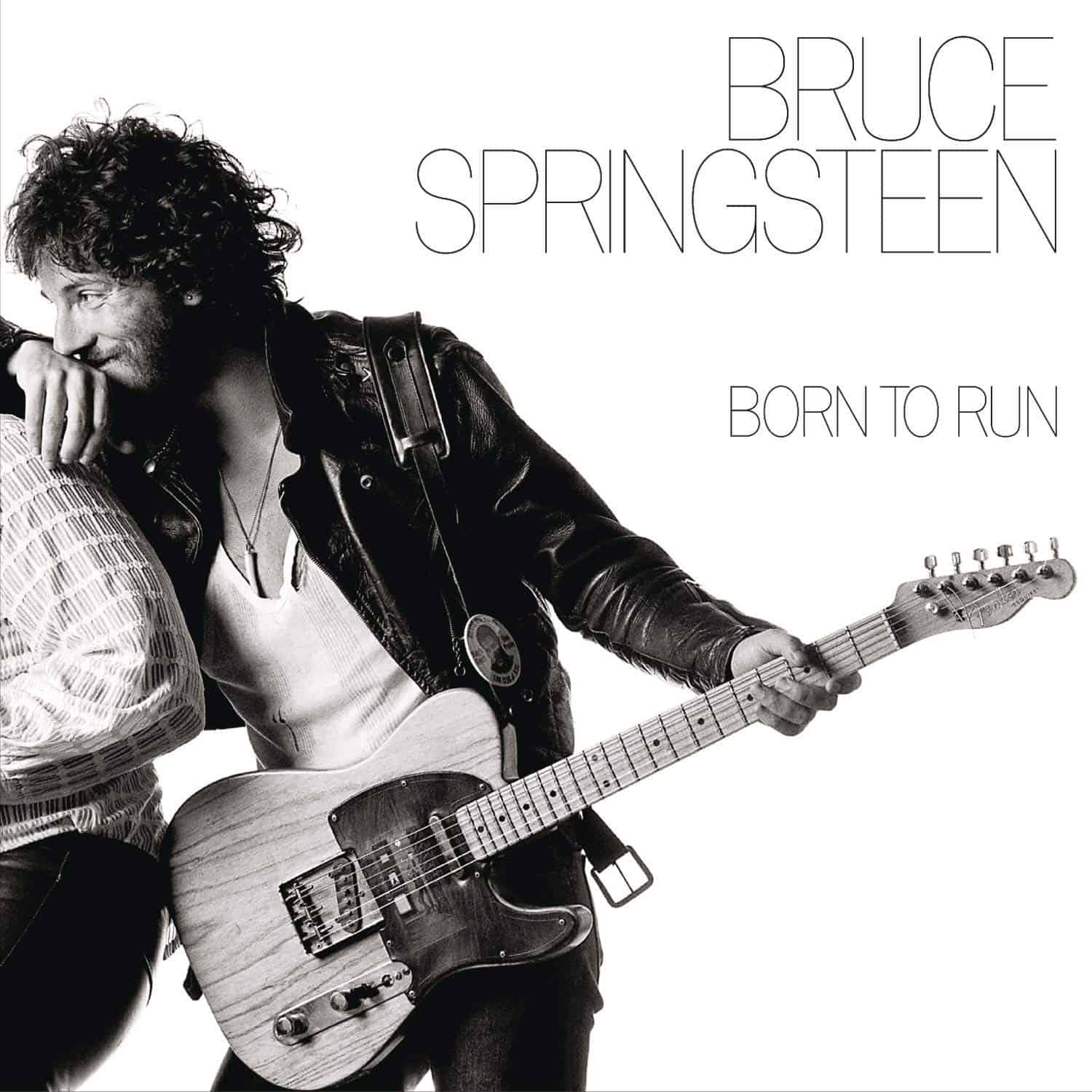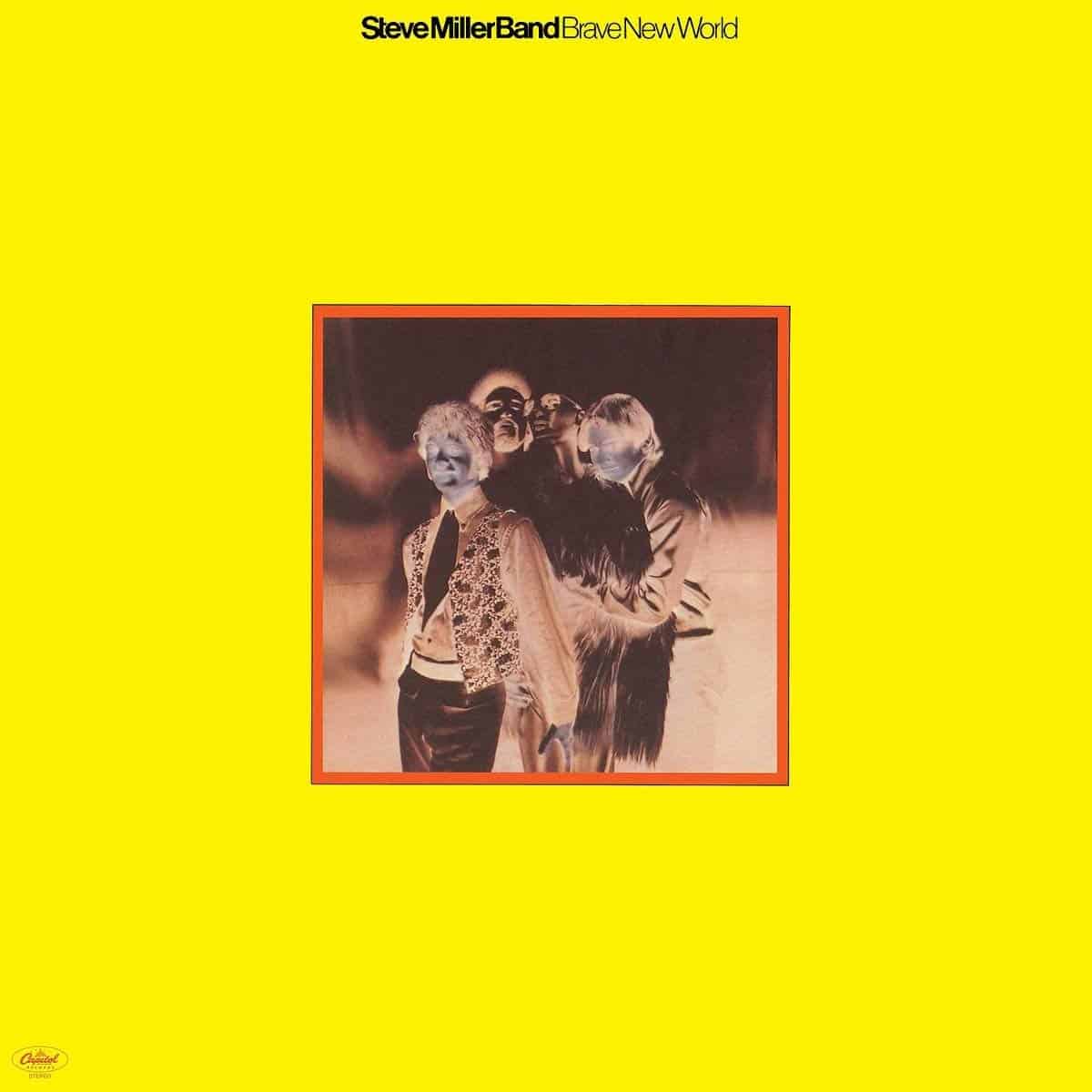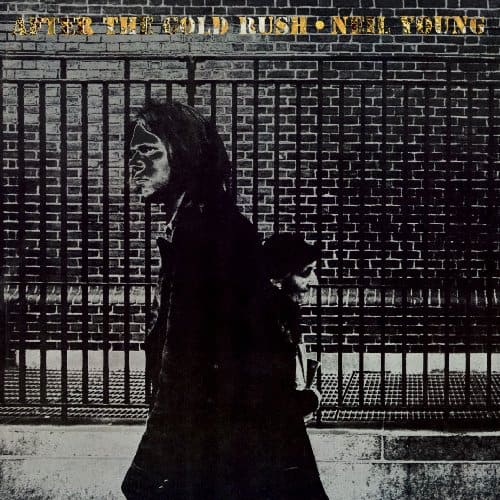Marketplace
2017 Capitol Records PRESSING
- Catalog Number B0026534-01
- Release Year 2017
- Vinyl Mastering Engineer Robert Vosgien
- Pressing Weight Regular Weight
- # of Disks 2
- Jacket Style Gatefold
- Pressing Plant QRP
When listening to this album I think of this band or music:
The garage bands that sprung up around the country in the 1960s, including my high-school buddies’ band, the Pallbearers, who once opened for Bob Seger & the Last Heard.
I would listen to this album while:
Abstaining from wine or craft beer. This music demands Stroh’s finest Bohemian-Style Pilsner.
Music from this album would be a great soundtrack to this movie:
Tender Mercies, where Robert Duvall plays a washed-up alcoholic country singer/songwriter who gets a shot at redemption—hence, clicking all the boxes of mid-America. So what if it’s set in Texas rather than Michigan?
Bob Seger, active as a musician since the early 1960s, hit the big time in 1976 with the release of Live Bullet, a 1975 live recording with the Silver Bullet Band made at Cobo Hall in Detroit. Up until then, he was a celebrated and very popular artist in his home state of Michigan, performing and recording as Bob Seger & the Last Heard and, later, Bob Seger System. Each echoed middle America blue-collar sentiments. Having spent my first couple decades in Michigan, Seger was my Bruce Springsteen. The Boss has his Jersey Shore roots. Seger matches him for swagger but he’s Michigan through and through.
Anyone of a certain age living in the Wolverine State knew the lyrics to Seger’s 1967 hit “Heavy Music,” 1969 smash “Ramblin’ Gamblin’ Man,” or my all-time favorite, 1975’s “Katmandu.” I performed more air-guitar solos to the latter than any other song. So what if Seger got the spelling wrong? The first time I could scrape together airfare for a ticket, nothing could keep me from visiting Kathmandu. I don’t think Seger could “ever get out of here” and make it to Nepal, but he inspired more than a few fans to make the trek.
You won’t find “Katmandu” or any of Seger’s really early stuff on this greatest-hits package. What you will find are 14 hits from 1975 through 1994, most of which stem from 1975 through 1980, during which it seemed he released a mammoth hit every month: “Night Moves,” “Turn the Page,” “Against the Wind,” “Still the Same,” “Old Time Rock & Roll,” and “We’ve Got Tonight” to name a few. Like me, many Detroit-based Seger listeners had moved West by the time the singer struck platinum. They slowly abandoned their Detroit Tigers caps as the glow of the 1968 World Series win faded, but never could shake their Midwestern roots—especially when Seger’s songs queued up.
Quality Record Pressings pressed this reissue of Seger’s original 1994 compilation in two versions—as a 180-gram and 150-gram 2LP set. The latter is reviewed here. Seger’s music was never recorded to audiophile standards—it lacks the depth and air of the best studio recordings. By extension, the tracks here were created at 10 different facilities, so the quality varies. And being Greatest Hits is a compilation assembled from many sources (some analog tape and some digital), the process was doubtlessly done digitally.
Nonetheless, the vinyl remains remarkably consistent in terms of intent—plenty of punch and little if any compression. While not great-sounding, the record delivers a very good presentation of the material at hand. The surfaces are also quieter than any original you might find. EBay sellers often ask up to a couple hundred dollars for the original, so even if you spring for the extra $10 to get the 200-gram edition, it qualifies as a huge bargain.
Greatest Hits


 3
3


